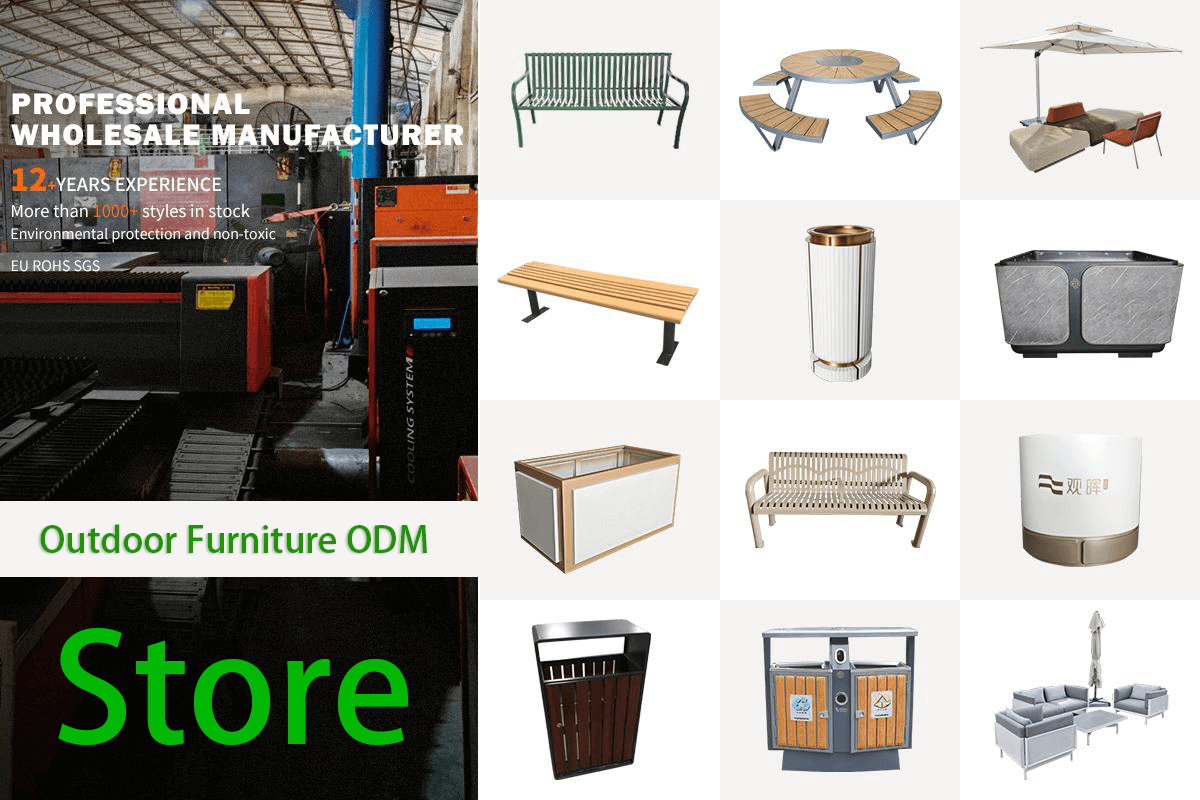How do ODM manufacturers ensure their products are resistant to saltwater corrosion?
Discover how ODM manufacturers ensure saltwater corrosion resistance in products using advanced materials, coatings, and testing methods for durability in harsh marine environments.
ODM manufacturers employ several strategies to ensure their products withstand saltwater corrosion, a critical requirement for marine and coastal applications. First, they select corrosion-resistant materials such as stainless steel, aluminum alloys, or specially treated plastics. These materials inherently resist oxidation and degradation in saline environments.
Second, advanced marine-grade coatings like epoxy, polyurethane, or zinc-rich primers are applied to create a protective barrier against saltwater exposure. These coatings are often tested for adhesion and longevity under simulated harsh conditions.
Third, ODM manufacturers implement rigorous testing protocols, including salt spray tests (ASTM B117) and immersion tests, to validate product durability. Some also use galvanic corrosion prevention techniques, such as sacrificial anodes or insulating materials, to protect vulnerable components.
Finally, continuous R&D allows ODMs to innovate with new anti-corrosion technologies, ensuring their products meet evolving industry standards for marine and outdoor applications. By combining material science, protective treatments, and thorough testing, ODM manufacturers deliver reliable, long-lasting products resistant to saltwater corrosion.
Related search:


